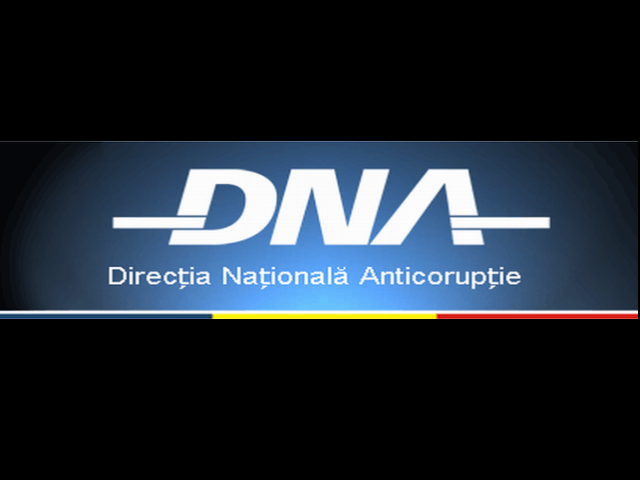The fight against corruption
2013 was a difficult year for the National Anti-Corruption Directorate in Romania, due both to organisational and legal changes, and to growing public pressure on the Directorate’s prosecutors, said the head of the institution, Laura Codruta Kovesi upon presenting the institution’s activity report. However, Kovesi also said, over 1,000 people were sent to court last year, including ministers, MPs, presidents of county councils and mayors, which is one third more than in 2012. According to the anti-corruption prosecutors, the offences these people were indicted for cost the state over 250 million euros. Laura Codruta Kovesi:

România Internațional, 28.02.2014, 13:10
2013 was a difficult year for the National Anti-Corruption Directorate in Romania, due both to organisational and legal changes, and to growing public pressure on the Directorate’s prosecutors, said the head of the institution, Laura Codruta Kovesi upon presenting the institution’s activity report. However, Kovesi also said, over 1,000 people were sent to court last year, including ministers, MPs, presidents of county councils and mayors, which is one third more than in 2012. According to the anti-corruption prosecutors, the offences these people were indicted for cost the state over 250 million euros. Laura Codruta Kovesi:
“Our investigations led us to areas that until then had appeared intangible, and we prosecuted people that used to be regarded as immune to law enforcement. Although prosecutors were often accused of building their cases on political pressure, the court rulings proved that these cases were based on solid evidence, not by made-up facts.”
The President of the High Court of Cassation and Justice, Livia Stanciu, also talked about political pressure, saying that there are politicians who would like to go back to a politically controlled justice system and that some institutions are faced with the risk of not being able to resist the pressure any longer. Livia Stanciu:
“One way of putting pressure on the justice system is the very modification of the Law on the organisation and functioning of the judiciary. This is the most insidious way of gaining control over some very powerful state institutions.”
The Human Rights Report on 2013 drawn by the US State Department and made public on Thursday reads that institutional corruption remained a widespread phenomenon in Romania in 2013, affecting all sectors of society. This is an opinion shared by the European Commission, which, in its first report on corruption in the EU member states, showed that in Romania the phenomenon was a systemic problem. The report also highlights that, with regard to prosecution, there were some positive results. Also, cases of top-level corruption were solved, following coordinated efforts by several law enforcement agencies, such as the Anti-Corruption Directorate, but the outcomes are unstable and the situation can change at any time.
Romania, alongside Bulgaria, is still being monitored under the Cooperation and Verification Mechanism to ensure a more effective fight against corruption. In its latest report published in January, the European Commission highlighted its concerns regarding the independence of the judiciary and the hasty and non-transparent changes brought to the legislation in the field.






























